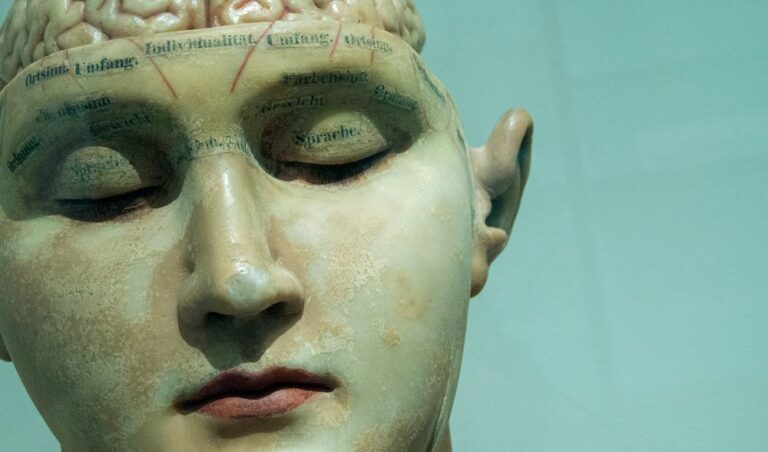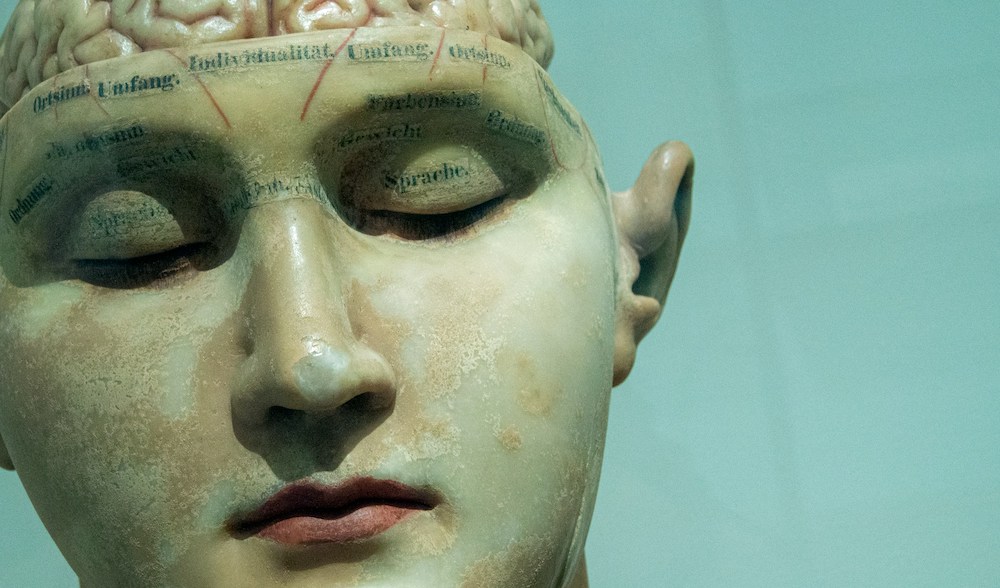


Photo by David Matos on Unsplash
A recent groundbreaking UK Biobank study found there are 15 factors, including alcohol misuse and loneliness, that can lead to a heightened chance of developing early-onset dementia. This neurological disorder is a persistent, yet silent challenge that leaves families dealing with its emotional and physical toll. Hyperbaric Oxygen Therapy (HBOT) could be a ray of hope with potential benefits to help in the fight against this condition.
Let’s explore more together because understanding is everything!
Understanding the Study Results
According to the study, about four million people worldwide have dementia symptoms before their 65th birthday. Researchers in England were interested in what affects someone’s tendency to develop dementia. This includes genetics, lifestyle choices, and environmental circumstances. What they found were 15 possible factors that increased the potential early-onset risk, including:
- Orthostatic hypotension (lightheadedness/dizziness when you sit or stand after lying down)
- Depression or loneliness
- Alcohol intoxication
- Diabetes
- Heart disease
- Hearing impairment
In some cases, researchers found that lower formal education and socioeconomic status were also “associated with young onset dementia incidence.”
Understanding Other Research and Factors for Alcohol Consumption
NPR covered a story last February looking for answers about the relationship between alcohol use and dementia. They spoke with Dr. Keun Hye Jeon who authored a study in South Korea with some interesting findings. While people who over-consume alcohol or regularly drink heavily are at an increased risk of developing dementia, mild to moderate consumption leads to a decrease in risk.
However, it doesn’t necessarily mean you should pick up a drink to remain in the clear. What shocked Jeon was the drastic drop in risk when someone cut back showing that, “heavy drinkers who moderated their intake were associated with an eight percent decrease in risk for dementia from all causes, and 12 percent risk of Alzheimer’s disease.” He said that to prevent the onset of dementia mild-to-moderate drinkers should not imbibe more, and those who consume alcohol heavily should cut back significantly.
For more information about what constitutes a standard drink in the U.S., check out the Centers for Disease Control and Prevention’s FAQs. (It may surprise you!)
Understanding a Possible Correlation Between Loneliness and Dementia
A 2020 study published in Neurology shed some light on the association between loneliness, brain changes, dementia, and Alzheimer’s disease. Being an adult who’s regularly lonesome or shut off from society for three or more days per week, could be detrimental to brain health. This 10-year study showed that lonely people ages 60 to 79 were three times more likely to develop dementia than their counterparts who did not report feeling lonely.
Understanding the Role of HBOT in Dementia
A study from 2021, courtesy of researchers at Tel Aviv University and Shamir Medical Center, demonstrated that HBOT can increase blood flow to the brain and improve cognitive function in Alzheimer’s patients and the elderly with significant memory loss.
HBOT also enhances cellular repair and reduces inflammation, possibly slowing down the progression of dementia.
Understanding Dementia in Vermont
Dementia is a progressive condition characterized by a decline in cognitive function, impacting memory, reasoning, and daily life. As Vermont’s population ages, dementia becomes an increasingly prevalent concern. According to the Alzheimer’s Association, more than 14,000 Vermonters are living with Alzheimer’s disease, a common form of dementia, and the number is expected to rise in the coming years.
It’s also worth noting that Alzheimer’s and Vascular Dementia are some of the most common forms of dementia, and that a growing body of research supports the use of HBOT to address them.
Understanding Vermont’s Approach to Integrative Healthcare
Vermont has long been a pioneer in adopting alternative and integrative healthcare practices. An awareness and emphasis on holistic well-being aligns with the philosophy behind Hyperbaric Oxygen Therapy. As awareness of HBOT grows, Vermonters may seek out this non-invasive treatment option to complement traditional approaches in early-onset dementia care or Alzheimer’s.
Understanding What You Can Do For You and Your Family
Vermont’s commitment to holistic healthcare and its openness to innovative treatments make it a promising setting for exploring Hyperbaric Oxygen Therapy’s potential in dementia care. As research progresses, Vermonters may find new avenues for supporting cognitive health, contributing to the broader landscape of dementia care in the state.
With collaboration between healthcare providers and researchers, the intersection of Hyperbaric Oxygen Therapy and dementia care may open doors to a more comprehensive approach to cognitive well-being in Vermont.
If you have questions about HBOT or would like more information, give us a call at 802-662-5993, or reach out via email at email hidden; JavaScript is required.
The post Bridging Hope: Unveiling the Promise of Hyperbaric Oxygen Therapy for Dementia Care Amidst the Shadows of Alcohol and Loneliness appeared first on Hyperbaric Vermont.
